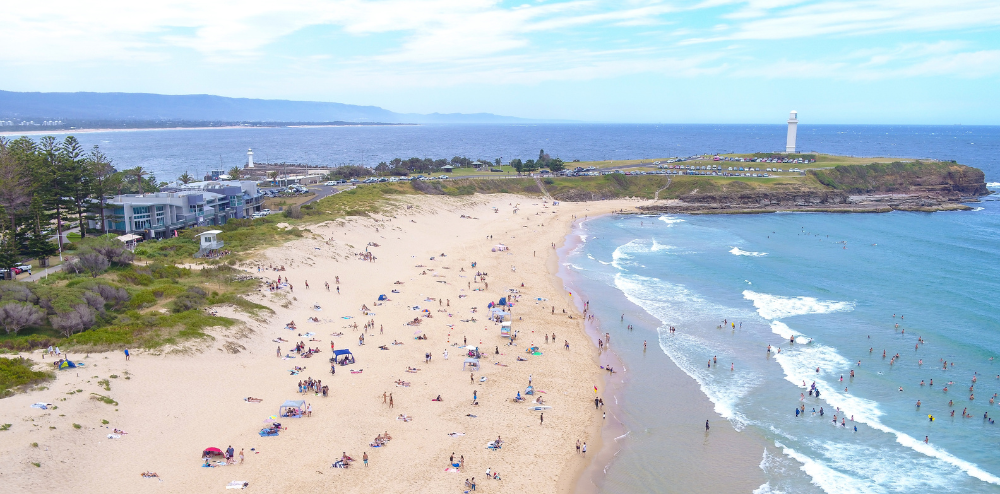Fast five: tips to look after our coastal environment
From our foreshore areas to our beaches and to our rockpools, we have an incredible coastal environment here in the City of Wollongong.
We know our community loves these spaces as well. Just like you, we want to keep these places beautiful and healthy for everyone to enjoy, including the many animals and sea life that call these places home. That’s why we’re asking everyone to do their part this summer and leave our coastal environments, better than you found them.
Here are our five tips on how you can leave a positive footprint on our environment.
1. Bin your rubbish responsibly
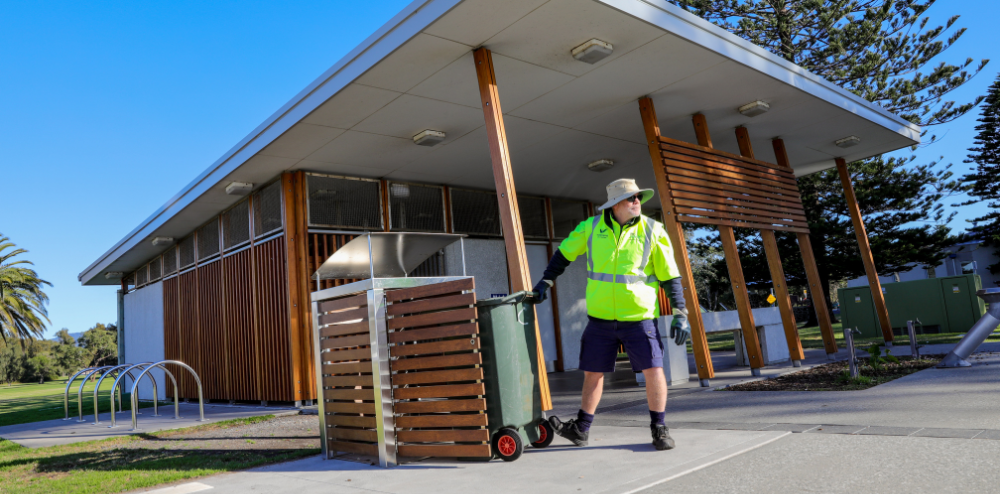
According to the NSW Government, around 90% of visible marine debris is discarded plastic rubbish. Some of the most common items found on beaches in Australia are food and packaging, straws, cigarette butts and fishing equipment.
You can reduce the amount of plastic rubbish found on our beaches by putting it in the bin. Simple, right? If there isn’t a bin in arms reach, or if the bin is full, carry it until you find one or take it home with you.
You can also take it one step further by leaving our coast better than you found it. Pick up any rubbish you see, even if it’s not yours. By working together, we can make a bigger difference!
2. Be dog-beach responsible
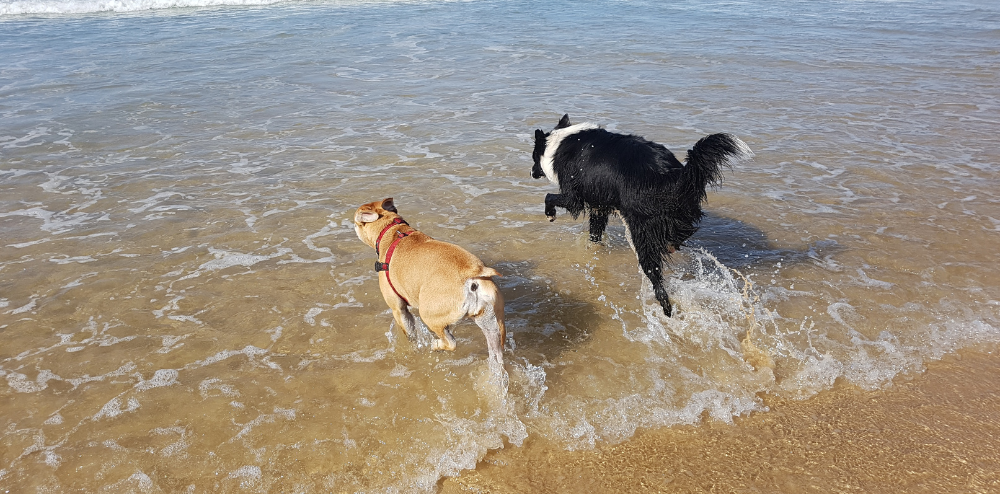
Follow the rules about dogs on beaches. That means paying attention to whether a beach is a timed, on-leash or off-leash area. See here for the full list of dog beaches and parks.
No one wants to see or step in a mess! Please pick up your dog poo and put it in the bins provided.
Dogs are never allowed on rock platforms and rockpools at any time. This rule keeps both your dog and marine life safe. There are many kinds of shorebirds that use our coastlines as breeding and feeding grounds. Some are endangered or vulnerable and we want to keep them safe.
3. Protect our coastal biodiversity
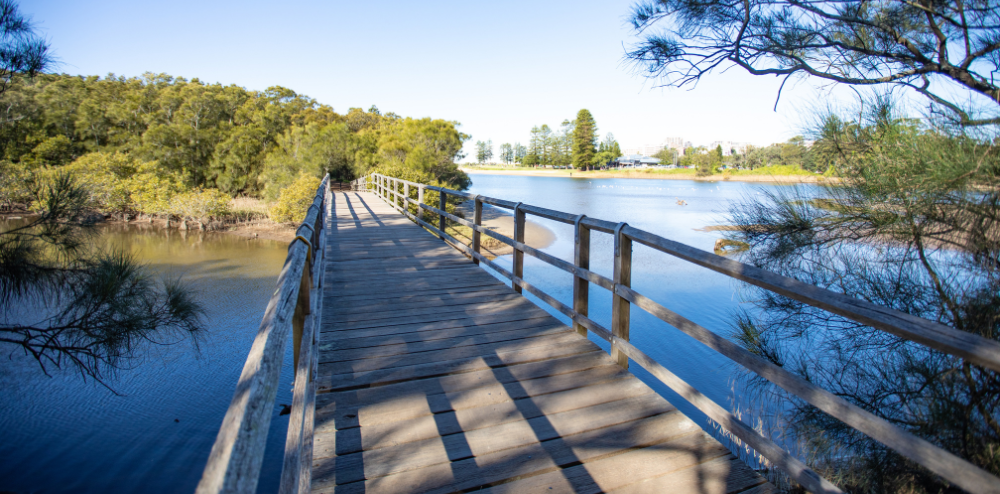
While we love our beaches so do many animals. As tempting as it may be to pick up sea creatures and shells, it’s best to leave them alone and just look. When lots of people take shells and disturb sea creatures, the impact builds up and can affect the ocean’s ecosystem and increase shoreline erosion.
For the same reason, if you like to go on a beach or coast walk, please stick to the walking track. Our dune vegetation and coastline provide essential habitats for local native birds and animals. By sticking to the walking tracks you can limit your impact and protect these spaces.
4. Enjoy, but stay a safe distance away from wild animals
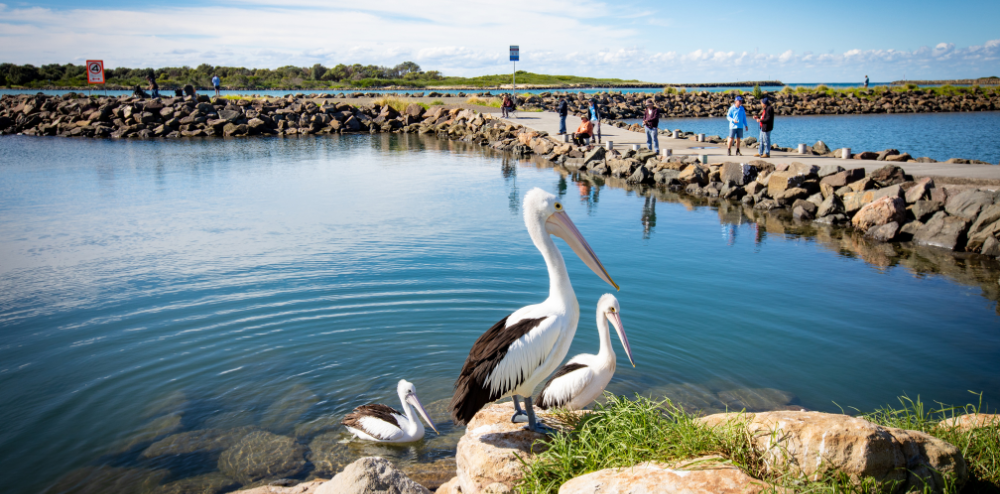
There’s nothing better than watching a pod of whales break the surface on our coastline. If you see whales or dolphins, enjoy the view but keep a safe distance.
Marine mammals and even sea birds can be unpredictable and may lash out if they feel threatened. It's safest to take photos and watch these amazing creatures from a safe distance away. Approaching too closely can also force animals to change their natural behaviours, something which can impact their health and survival.
The NSW Government takes this issue seriously and that’s why marine mammals like whales, dolphins and seals are protected in NSW. Intentionally harming, harassing, chasing, or getting too close to these animals is illegal. These rules apply to people swimming, surfing or boating. Visit the NSW Government website for more information.
If you see someone doing the wrong thing, you can report it to National Parks and Wildlife on 1300 072 757.
5. Give back by volunteering
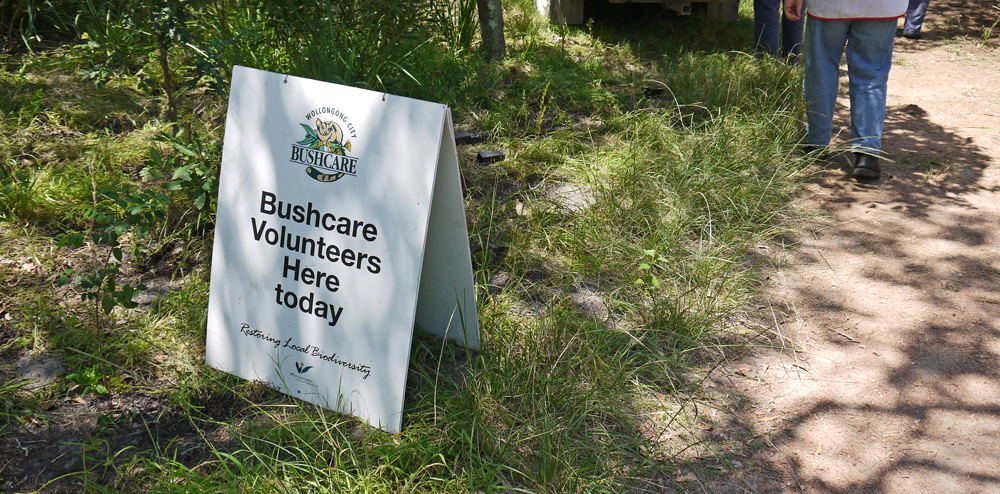
Want to give back and help take an active role in protecting our environment? Why not join your local Dunecare or Bushcare group. These community volunteer groups work with Council to remove rubbish, plant suitable native plants, help control weeds and enhance our natural ecosystems.
See here for even more volunteer opportunities.
Want more Council news?
Visit our News page to find out what's happening in your community, or sign up for e-news.

